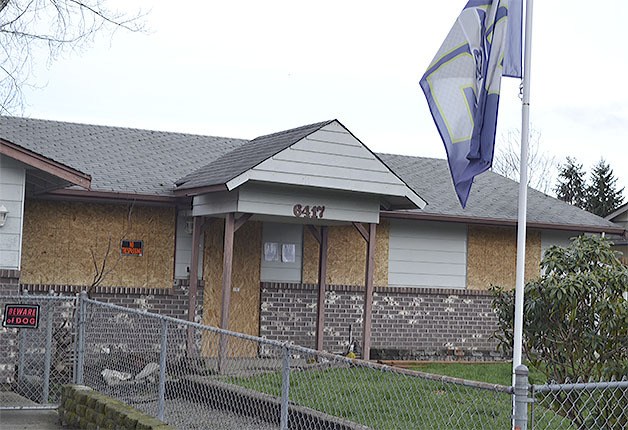MARYSVILLE – Bruce Kaufman said 60th Place NE was like, “The I-5 of the walking dead.”
Police respond to screaming
On Jan. 1, at about 4:50 p.m., police were called to the residence because neighbors heard loud screaming. A police report says:
They were familiar with the residence being a longtime flop house where criminal conduct goes on such as drug usage and stolen property. The house had no running water, electricity or heat. Several investigations and arrests involving unlawful tenants also took place there.
Squatters move in
New law is not for those ‘down on their luck’
BY STEVE POWELL



